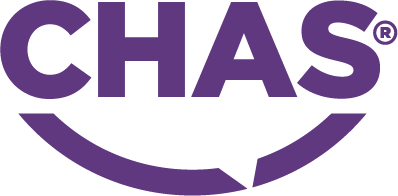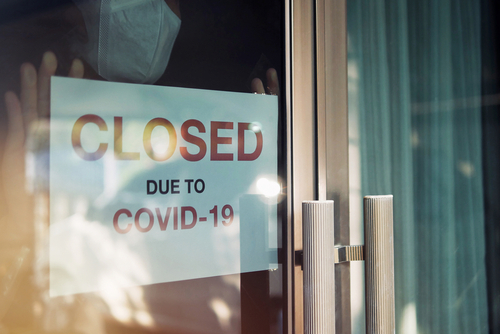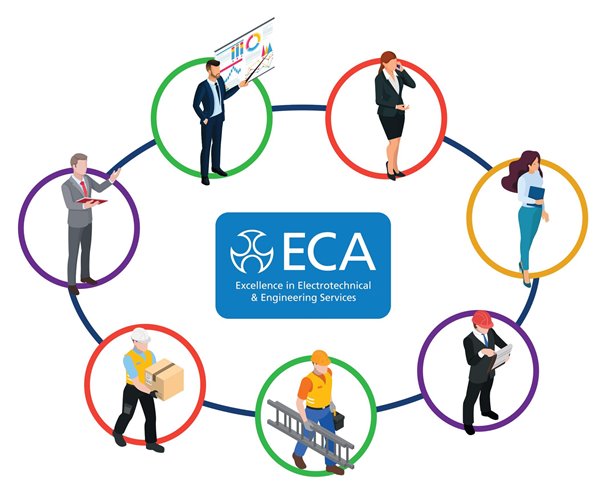Life in the ECS Contact Centre

The original version of this post can be found here.
Administered by the Joint Industry Board (JIB) in England, Wales and Northern Ireland, the Electrotechnical Certification Scheme is the sole ID and competence card scheme for electrotechnical operatives in the UK and is recognised and endorsed by the industry. Here, the JIB talks to Martin Thurbon, ECS Contact Centre Operations Manager, about how his team respond to everyday inquiries and how they continued working through lockdown.
We’ve all been there – waiting on the telephone in a ‘queue’, until we are put through to the next available operator in the Contact Centre. It can be frustrating, as the chosen on-hold music for that week is interrupted for the umpteenth time by a recorded voice telling us our call is important to them and that an operator will be with us shortly. Sometimes we’ll give up and call back later, or we’ll persevere and finally speak to a real human who can hopefully resolve our query.
This is of course from the point of view of the caller, but what is it like for the person on the other end of the line? The call we make to a Contact Centre might be the only call we make that day, but for the operator on the receiving end it might be just one out of 50 calls they answer. Not only that, it is highly likely that the operator will be answering almost identical questions minute after minute, hour after hour.
It’s fair to say, perhaps, that a fair degree of patience, not to mention a slice of good humour is needed to survive as a Contact Centre operator. The Electrotechnical Certification Scheme (ECS) has lifted the lid on some typical goings on in the ECS Contact Centre.
There is very rarely a quiet day at ECS. On an average day the Contact Centre will take up to 500 calls, with the average waiting time for calls being under four minutes. As Martin Thurbon, Contact Centre Operations Manager, explains, there are different pressures involved in keeping things running smoothly.
“As you would expect, Mondays are always busy after the weekend break or during the lunch time periods so customers may experience increased wait times due to the peak in calls,” says Martin. “We as a team have a collective responsibility to keep the volume of waiting calls down to as few as possible. That means resolving telephone enquiries as quickly and efficiently as possible, before we move on to the next caller.
"Some customers prefer to communicate with us via e-mail and we receive approximately 80 emails per day. We do encourage customers to refer to the ECS website as most answers to their questions can be found there.”
It is not always that simple though, and some calls will inevitably take a lot longer than others, and it is vital that the caller feels that it was worth their time making the call and waiting on the line.
Martin continues, “We never want to leave a caller feeling that their query has not been answered, or worse, that they have been ‘fobbed off’. Bad news spreads a lot quicker than good, and if a caller has endured a bad experience with us, they are more likely to share it with a friend or colleague than if they have had a positive experience. Anything like that reflects very badly on the organisation which is here to promote the promote the proper qualified status of electrotechnical operatives and raise standards.”
So what qualities does a person need to work in a Contact Centre? Martin says: “You will often find yourself repeating yourself over and over again, sometimes to the same caller, so obviously a lot of patience is needed, and your voice must be friendly, courteous and empathic. It is important to find a speaking tone that is neither rude nor patronising, but clearly answers the question.”
Lockdown
When the lockdown was announced, Martin’s key focus for the ECS Team was to ensure that customers would not experience any reduction in their level of service.
The ECS team had never previously worked from home as its operation is office based. All team members were issued with laptops and telephone headsets so that they could continue supporting customers. The team continued to deal with customer enquires both via e-mail and telephone as well as processing customer ECS card applications whilst working from home.
Recently, as the UK Government has encouraged staff back to the office, 80% of the ECS team are now back working in the Swanley office.
Improvements
ECS has been working hard to improve the service offered by the call centre with 95% of enquiries now being answered first time. Work is also continuing to reduce the call waiting times by improving the information available on the website to make information easier to find and provide more clarity on the card application process.
Returning to the subject of Contact Centre management, how does Martin deal with difficult callers? “People sometimes get angry when they are running out of patience or don’t understand something, but it is vital not to engage in a shouting match. On most occasions, if you remain calm, friendly and helpful their attitude will quickly improve and they will sometimes even apologise at the end of the call if they realise they might have been a bit out of order.
"ECS cards are often needed for site access so our best advice is to take note of the email reminders and don’t leave it until the last minute or after a card has expired to renew. Getting yourself organised early will give you the best chance to demonstrate your technical excellence and promote your status to the industry.”
Martin adds, “Being patient and friendly won’t always work - we do have internal rules to follow when a caller continues to be abusive – thankfully it doesn’t happen too often. For every negative call there are plenty of positive ones and I take great pride in the professionalism and passion that exists in the ECS Contact Centre.”
Martin concludes, “We don’t get it right all of the time, I don’t think any Contact Centre does, but our team is extremely dedicated to ensuring that anybody who telephones us will feel comfortable about calling again in the future if they need to.”
Are you up to date with ECAtoday?
ECAtoday is the official online magazine of ECA and reaches thousands of people within the electrotechnical and engineering services industry.






























